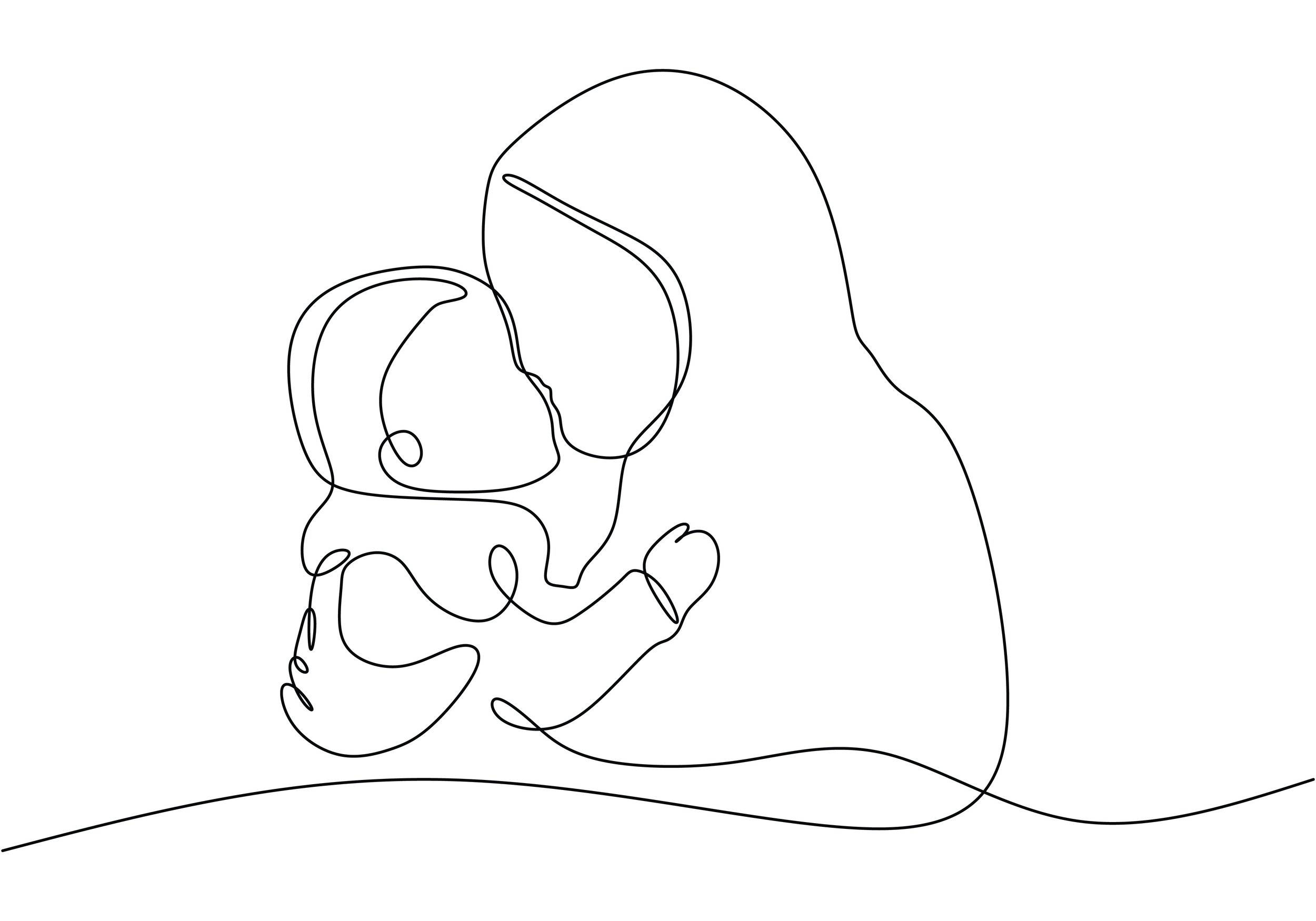
Family Centred
Working from a family wellness lens, we aim to gain a deeper understanding of the strengths and resources within the family system. We provide tailored skills training to families and teams to reduce distress and strengthen relationships. We believe that incorporating family approaches within the PBS model can greatly improve a person’s quality of life and bring about positive and lasting transformation for all family members.
Neuro-affirming
Our work is grounded in the belief that all neurotypes are valid and that Autistic, ADHD and other neurodivergent brains are different, not disordered. We acknowledge the histories of harm in Autistic communities resulting from behaviour modification approaches and we strive to use neuro-affirming approaches to PBS. We respect autonomy and focus on collaborative problem-solving, adjusting neurotypical expectations, addressing unmet needs, reducing triggers and sensory overwhelm and adapting environments to promote emotional safety.
Who we are and what we stand for.
Human
We connect with warmth and empathy and work collaboratively towards your goals and aspirations.
Purpose Led
We lead with openness and integrity, to support young people and their families to thrive.
Play
We use a person-centred approach and incorporate play into our process.
Justice
We strive to implement disability justice approaches and we centre community and liberation for all.
Community
We understand that capable environments and relational wellness can transform lives.
Seriously Skilled
We understand complexity and have the qualifications, experience and kudos- so you're in the very best of hands.


PBS at The Good Place includes the following services:
Complete a Functional Behaviour Assessment (FBA) to understand the factors leading to the person’s distress. A detailed report that includes a behavioural formulation is provided. The FBA guides the development of support strategies.
Develop a Behaviour Support Plan (BSP) that contains person-centred, evidence-informed strategies that focus on reducing distress, developing capable environments, and improving quality of life. The BSP also contains response strategies that guide others in how to respond in a way that keeps everyone safe when a person is distressed.
Provide formal and informal training and consultation to the participant, their family and other supports in the strategies outlined in the BSP to ensure a consistent approach across settings.
Ongoing review and evaluation. Continue to collect data and adapt strategies to fade out and eliminate the use of restrictive practices.
Provide progress reports to the NDIS as needed.
















